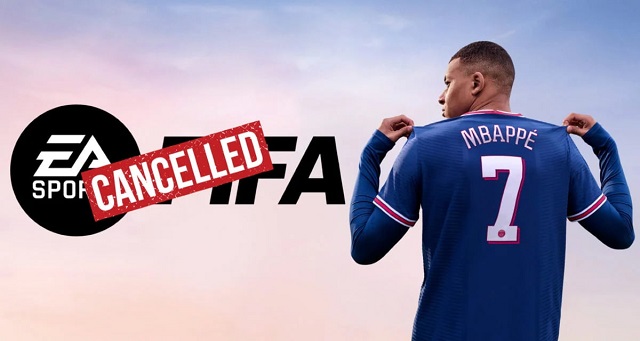EA and FIFA: A Breakdown in Partnership and Its Impact on the Gaming Industry
The world of virtual football has been shaken by the recent breakdown in the long-standing partnership between Electronic Arts (EA), the world's leading video game publisher, and the International Federation of Football Associations (FIFA). The dispute between these powerhouse organizations has not only left fans of the popular FIFA game series in limbo, but also raised questions about the future of sports-licensed video games.
The Genesis of the Conflict
The partnership between EA and FIFA can be traced back to 1993, with the launch of the first-ever FIFA video game, FIFA International Soccer. Over the years, the bond between these two entities has grown stronger, with EA securing exclusive rights to use FIFA's name, logo, and official competitions, such as the World Cup, in their video games.
However, cracks began to surface in the relationship in the early 2020s. As the FIFA video game series continued to grow in popularity, EA sought to capitalize on its success by exploring opportunities for expansion, including the addition of more leagues, teams, and players. FIFA, on the other hand, saw these efforts as an attempt to monopolize the football gaming market, and tensions between the two organizations began to rise.
The Breaking Point
The situation came to a head in 2022, when EA proposed a new licensing agreement that would grant them even greater control over the use of FIFA's intellectual property in their games. FIFA balked at the terms of the deal, which they viewed as overly favorable to EA and potentially harmful to the long-term growth of the sport.
As negotiations between the two parties stalled, rumors began to circulate that EA was considering rebranding its flagship football game series without the FIFA name. This move would be a risky one for EA, as the FIFA brand has become synonymous with the world's most popular sport, and its departure could have a significant impact on sales of the game.
The Fallout
The impasse between EA and FIFA has had a ripple effect throughout the gaming industry, raising concerns about the future of sports-licensed video games. If the two organizations are unable to come to an agreement, other developers may be hesitant to invest in expensive licensing deals with professional sports organizations, for fear of similar issues arising.
Moreover, the absence of FIFA's official endorsement could lead to a decline in the popularity of football video games, as fans may be less inclined to purchase a product that does not have the backing of the sport's governing body. This downturn could have serious consequences for the gaming industry, which has come to rely on the steady stream of revenue generated by annual sports releases.
What the Future Holds
The fate of the partnership between EA and FIFA remains uncertain, but one thing is clear: the stakes are high for both organizations. If they are unable to reach a mutually beneficial agreement, the consequences could be far-reaching, affecting not only the future of the FIFA game series but also the entire sports gaming landscape.
In the end, it will be up to EA and FIFA to determine whether their long-standing collaboration can be salvaged, or if the rift between them has grown too wide to bridge. As the clock ticks down on their current licensing agreement, fans of the FIFA game series and the gaming industry at large will be watching with bated breath to see how this high-stakes saga unfolds.


